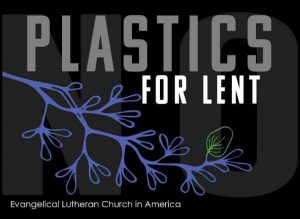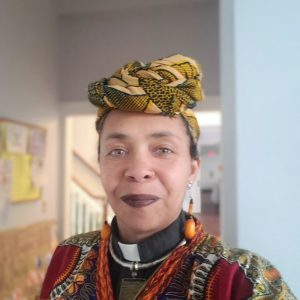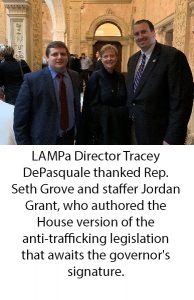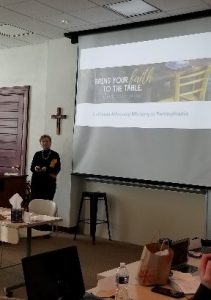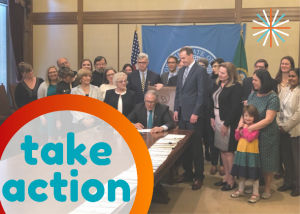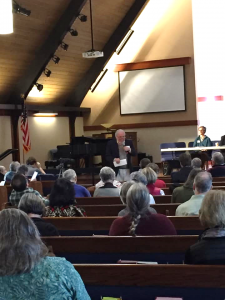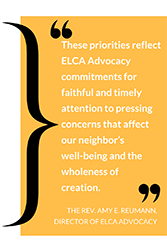The Season
I didn’t fully appreciate (or understand) liturgical seasons growing up. As a kid, Lent was a baffling time of year that somehow started with a fun pancake party on Shrove Tuesday and took a seriously somber turn PRETTY quickly, culminating in the highly scary Bible slamming during my church’s Good Friday Tenebrae service. Growing up in the deep South, a lot of my Christian friends from non-liturgical traditions didn’t observe these seasons or days. It wasn’t fair – they didn’t give up soda or chocolate or meat for 40 days.
Lent changed for me in middle school when my dad, probably half-serious, half-desperate, suggested that I give up being rude to my sister for Lent.
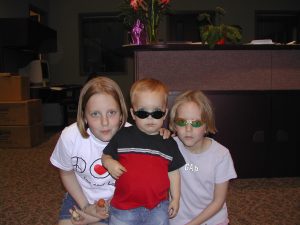
Shocking that these three cool kids didn’t always get along!
It didn’t make any sense to me.
What about chocolate?
I was just starting to worry about my waistline anyway, and Lent would be a great time to make a change.
The Word
Isaiah 58: 4 – 9
You fast only to fight.
Is this the kind of fast that I’ve chosen, only a day for people to humble themselves?
Is it only for bowing one’s head like a reed and for lying in sackcloth and ashes?
Is that what you call a fast, a day acceptable to the Lord?
But this is the fast that I choose:
To loose the chains of injustice and untie the cords of the yoke,
To set the oppressed free and break every yoke.
To share your food with the hungry,
To provide the poor wanderer with shelter
When you see the naked, to clothe them,
And to not turn away from your own flesh and blood.
Then shall your light break forth like the dawn and your healing will quickly appear.
Then you will call and the Lord will answer;
You will cry for help and God will say:
Here am I.
The Fast
I heard a (very awesome young adult) pastor, Rev. Erin Coleman Branchaud preach on this text a few weeks ago and explain that this part of Isaiah is about the people of God asking to be recognized for their good fast. God helps them understand what REAL fasting that is pleasing to the Lord looks like.
It looks like fasting from the injustice we participate in every day – knowingly and unknowingly.
Fasting from leaving our neighbors without food and shelter.
Fasting from shame.
Fasting from building walls between us and our loved ones.
Fasting from destroying the earth.
Fasting from fighting with our little sisters.
THIS is part of what Lent is about for us. And maybe sometimes fasting from a specific item or food can be part of this fast. But, as Rev. Coleman Branchaud noted, Lent is not “a baptism of our self-improvement goals”.
Lent, a season during which we remember Jesus’s 40 days of walking in the wilderness, invites us to reflection, to lament, and to THIS fast – one of justice and peace. Lent welcomes our pain and sorrow and frustration and asks us to lay down the things that keep ourselves and our neighbor in chains. Lent invites us to be intentional, to notice our own habits, and to walk in the liberating steps of our Savior.
The Movement
So why plastics?
This year at the ELCA Churchwide Assembly the body gathered – including a huge number of young adult voting members – called on the ELCA to get serious about its commitment to care for creation.
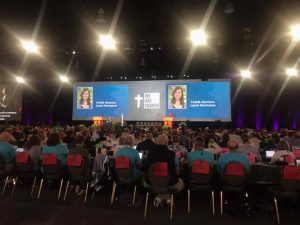
The whole group of voting members gathered at the ELCA Churchwide Assembly in August 2019
The #NoplasticsforLent initiative, led by young adults across the church, calls us to prayer for creation, to lament the ways we have been complicit in the degradation of the earth, and to action to care for our neighbor in fasting from the things that are hurting our planet.
Our suggestion is that individuals, families, and communities fast for 40 days from single-use plastics.
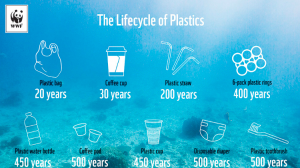
A few examples of single-use plastics from the World Wildlife Fund
We want this initiative to be accessible to all, and if this is not possible for you in your context or community, we invite you to sustainability practices that make sense for you.
The Details
We will publish a sign-up next week where individuals, families, and communities can share whatever it is that they’ve pledged to do to fast from degradation of creation this Lenten season!
Over the course of the next two weeks we will publish videos with how-to tips and easy switches to make, and we encourage you to share your ideas for fasting from plastics with each other on social media with the hashtag #NoplasticsforLent .
We will have weekly devotionals, like this one, published each Monday of Lent. These devotionals will be by young adult writers who are passionate about their spirituality and about care for creation.
We know that it will take more than giving up plastic cups at communion to heal the earth, but we hope that walking together as the Body of Christ in this initiative during this Lenten season will help us both individually and communally be better neighbors to plants, animals, the earth, and each other in our day-to-day lives. We also hope that it will move us toward more long term justice-seeking for the creation in our care.
We invite you to this Lenten practice of prayer, lament, and fasting as we walk for these 40 days with Christ.
The Promise
We invite you to this fast from the ways we harm our neighbor, creation.
And this is what Isaiah tells us:
That when we seek justice, love God, and serve others in this way
“light will break forth like the DAWN.“
As we pray and mourn for creation,
“Healing will quickly appear.”
Even when we feel overwhelmed by the challenges of environmental degradation,
“You will call and the Lord will answer;
You will cry for help and God will say:
Here am I.”
Reflection Questions:
- How do you understand Lent? Has your understanding changed at all over time?
- Have you ever participated in a Lenten practice? If so, which have been the most meaningful and why? If not, what other spiritual habits or practices have you engaged in?
- Why is care for the earth important for you as a person of faith?
- What sustainability practices or creation care practices might you commit to this Lent as an individual? With your family / friends? With your congregation / community? How will you hold one another accountable?
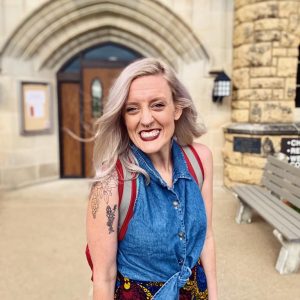 Savanna Sullivan (she/her/hers) serves as the Program Director for ELCA Young Adult Ministries at the ELCA Churchwide Office in Chicago, IL. She was a main stage speaker at the 2018 ELCA Youth Gathering in Houston, TX and gives presentations around the country to ELCA and ecumenical groups about Young Adult culture and empowerment in the church. She is passionate about helping young people seek the Divine in themselves and pushing the church to equip, amplify, and respect the voices of young leaders. She loves banana pudding, the Clemson tigers, and memorizing poems.
Savanna Sullivan (she/her/hers) serves as the Program Director for ELCA Young Adult Ministries at the ELCA Churchwide Office in Chicago, IL. She was a main stage speaker at the 2018 ELCA Youth Gathering in Houston, TX and gives presentations around the country to ELCA and ecumenical groups about Young Adult culture and empowerment in the church. She is passionate about helping young people seek the Divine in themselves and pushing the church to equip, amplify, and respect the voices of young leaders. She loves banana pudding, the Clemson tigers, and memorizing poems.

